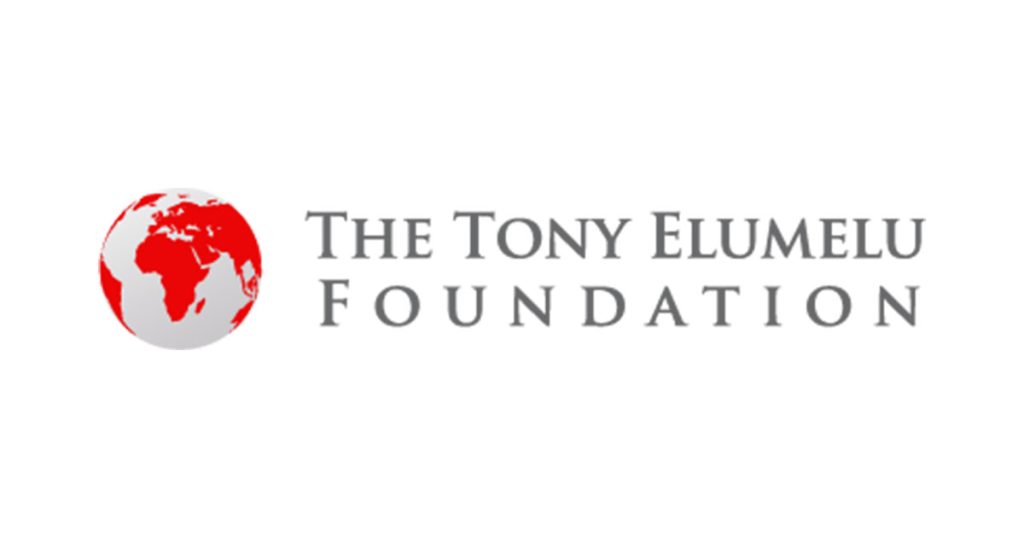Paragraph 1: The Illusion of High Turnover vs. Profitability
The allure of high sales figures can be intoxicating for entrepreneurs, often masking the underlying reality of a potentially unprofitable business. Many business owners, particularly in the early stages, become so focused on revenue generation that they neglect the critical aspect of cost management. This can lead to a situation where a business appears to be thriving on the surface, with impressive turnover, but is actually operating at a loss, essentially giving away products or services for free. This phenomenon is not uncommon, as demonstrated by the story of fashion designer Obiageri Odoemena, who discovered she was unknowingly operating an unprofitable business despite seemingly healthy sales figures. Her experience underscores the importance of sound financial management practices, beyond simply generating revenue.
Paragraph 2: The Pitfalls of "Winging It" in Business
Odoemena’s story highlights the dangers of running a business without a clear understanding of fundamental business principles. Her initial approach, characterized by a lack of systems and financial tracking, led to a disconnect between revenue and profit. Despite achieving significant turnover, she lacked insight into her actual financial performance. The Tony Elumelu Foundation (TEF) program proved to be a turning point, providing her with mentorship and guidance in crucial areas such as pricing, costing, and business structuring. This intervention exposed the flaws in her approach and revealed the extent to which she had been underpricing her products, effectively negating her profits. Odoemena’s experience serves as a cautionary tale against the perils of operating a business without a solid foundation in financial management and strategic planning.
Paragraph 3: The Importance of Mentorship and Business Acumen
Odoemena’s experience emphasizes the transformative power of mentorship and structured business programs. Through TEF, she gained access to expert guidance that helped her understand the nuances of pricing, cost management, and business structuring. Similarly, Ellen Woshi of Janvier Natural benefited from the TEF platform, gaining a deeper understanding of business models and financials, along with valuable mentorship. These examples highlight the critical role mentorship plays in empowering entrepreneurs with the knowledge and skills necessary to build sustainable and profitable businesses. The insights shared by TEF CEO, Somachi Chris-Asoluka, underscore the importance of such support systems in fostering entrepreneurial success.
Paragraph 4: Key Strategies for Building a Profitable Business
Experts offer several key strategies for ensuring business profitability. Firstly, a deep understanding of the specific sector is crucial. Analyzing market dynamics, competition, and customer behavior is essential for making informed decisions. Secondly, structuring the business effectively, with a well-defined business plan, provides a roadmap for success. This plan should outline clear goals, strategies, and financial projections. Thirdly, meticulous cost management, including factoring in overhead costs, is critical for accurate pricing and profitability. Understanding the value chain and competitive landscape allows for informed pricing decisions that reflect the true cost of production and market dynamics.
Paragraph 5: The Value of a Business Plan and Cost Management
A comprehensive business plan serves as a crucial tool for entrepreneurs, guiding decision-making, setting goals, and attracting potential investors. It helps determine optimal staffing levels, identify opportune moments for expansion, and navigate complex business decisions. Effective cost management involves meticulous tracking of all expenses, including overhead costs often overlooked by new business owners, such as utilities, equipment depreciation, and administrative expenses. Understanding the complete cost picture is essential for accurate pricing and ensuring profitability. Analyzing competitors’ pricing strategies and understanding one’s own value chain are vital for setting competitive prices without compromising profitability.
Paragraph 6: Navigating Challenges and Mitigating Risks
Starting and running a business is inherently risky, and many startups fail within the first few years. To mitigate these risks, entrepreneurs are advised to develop a detailed business plan, seek mentorship from experienced business professionals, and diligently manage costs. Maintaining adequate cash flow is essential for survival, requiring careful budgeting, prioritizing supplier payments, and minimizing unnecessary expenses. Negotiating favorable deals with suppliers, automating processes to improve efficiency, and utilizing freelancers for specialized tasks can help control costs and optimize resource allocation. Additionally, entrepreneurs should address legal and regulatory requirements, such as business registration, tax filing, and compliance with labor laws, even if the business is not yet profitable. By proactively addressing these challenges and implementing sound business practices, entrepreneurs can significantly increase their chances of building sustainable and profitable ventures.














